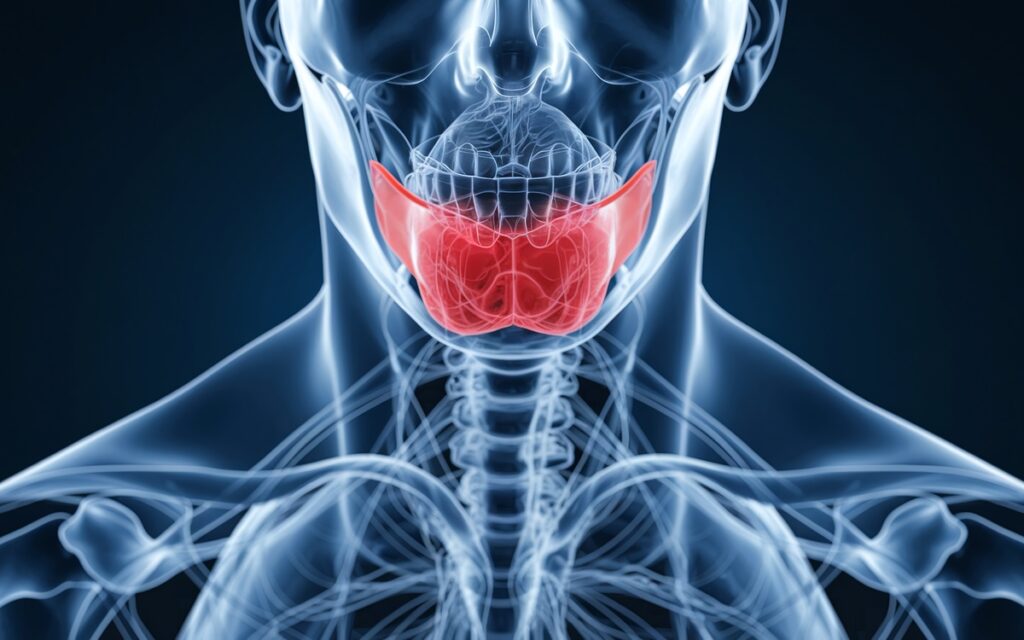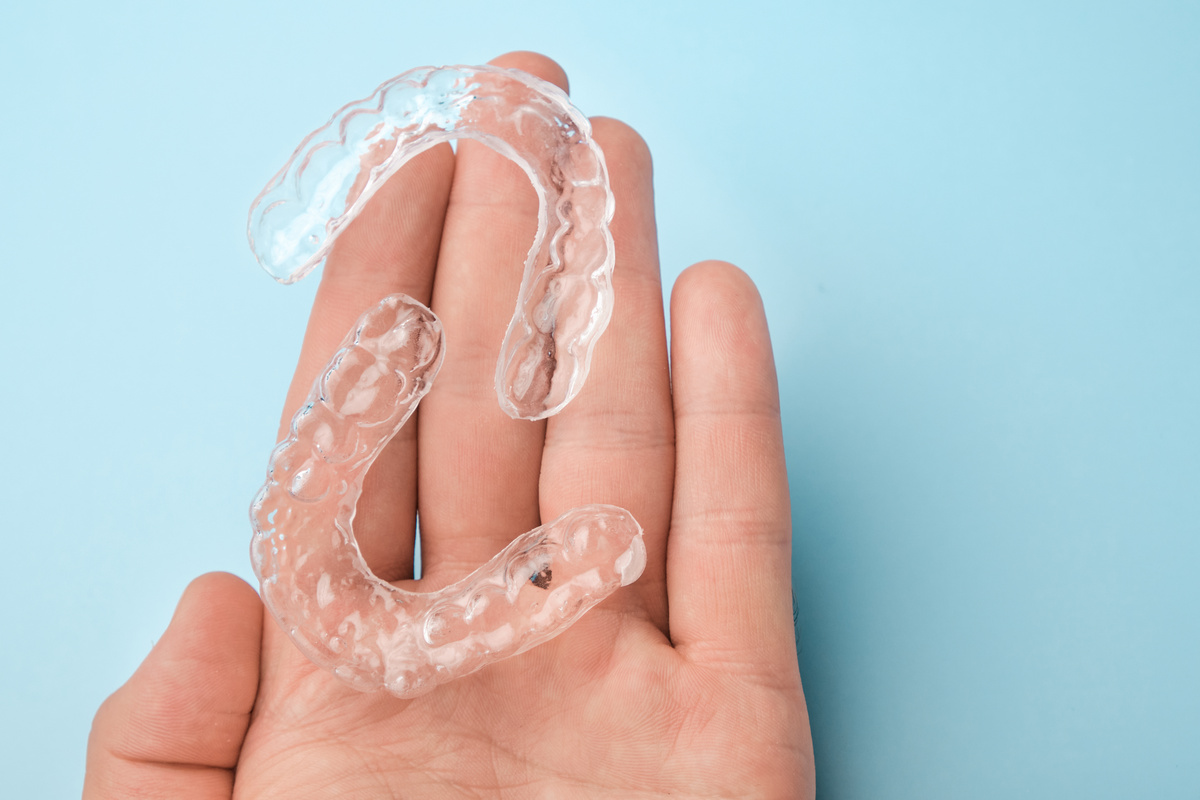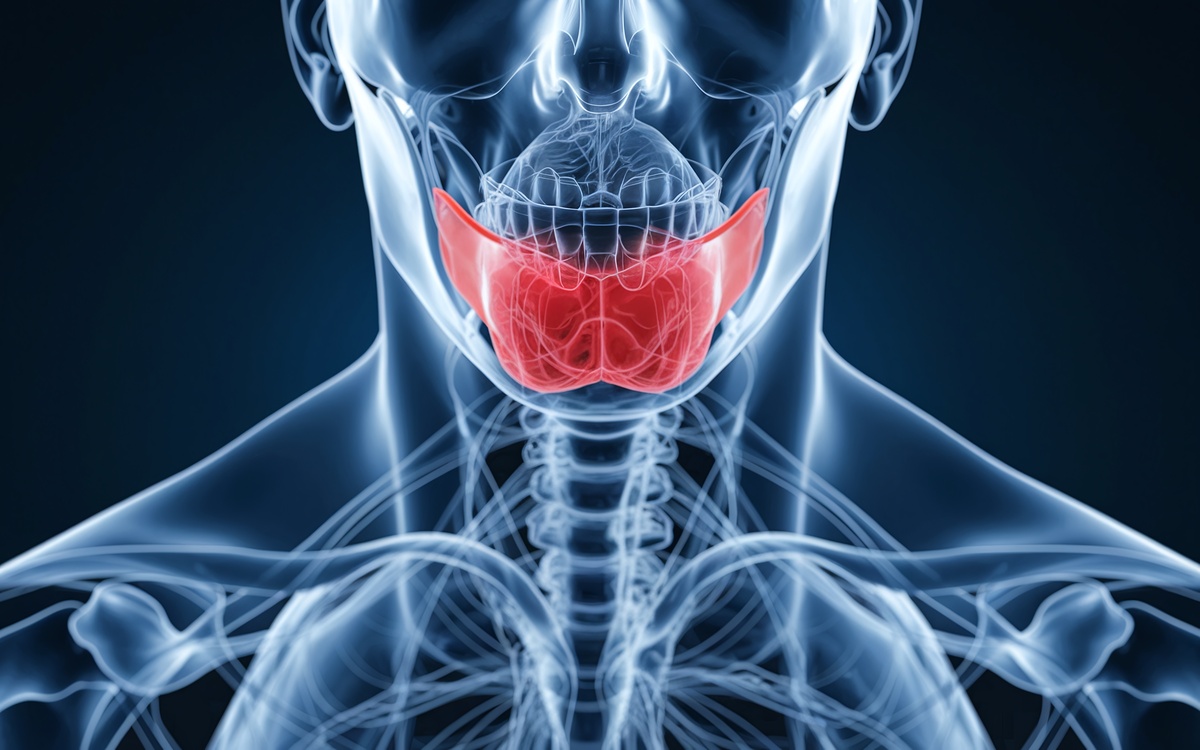Airway dentistry addresses breathing-related sleep disorders and jaw development issues that can significantly impact your overall health, energy levels, and quality of life, yet many people suffer from these conditions for years without recognizing the connection to their oral health. Understanding the signs and symptoms of airway-related problems empowers you to seek appropriate treatment before these issues lead to more serious health complications.
At Floss Lincoln Park, Dr. Delone Jouja and Dr. Martha Silva specialize in identifying and treating airway-related dental issues that affect breathing, sleep quality, and overall wellness. Our comprehensive approach to airway orthodontics combines advanced diagnostic techniques with personalized treatment plans designed to improve breathing function and enhance your quality of life through targeted dental interventions.
Understanding Airway Dentistry
Airway dentistry focuses on the relationship between oral structures and breathing function, recognizing that jaw position, tongue placement, and oral development significantly impact your ability to breathe effectively during sleep and daily activities. When these structures don’t develop properly or become compromised, they can restrict airflow and lead to various health problems.
The position of your jaw, the size of your airway, and the placement of your tongue all work together to maintain open breathing passages. When any of these elements are compromised, it can result in sleep-disordered breathing, chronic fatigue, and other health issues that may seem unrelated to dental problems.
Modern airway dentistry recognizes that many orthodontic and dental issues stem from breathing problems rather than simply cosmetic concerns. By addressing the underlying airway restrictions, we can often improve both breathing function and dental alignment simultaneously.
Sleep-Related Warning Signs
Poor sleep quality often serves as the first indicator of airway-related problems. If you frequently wake up feeling tired despite getting adequate hours of sleep, struggle with morning headaches, or experience restless sleep, these symptoms may indicate breathing restrictions during sleep.
Snoring represents one of the most common signs of airway compromise, though not everyone who snores has a serious airway problem. However, loud, consistent snoring combined with other symptoms warrants professional evaluation. Sleep partners may notice breathing interruptions, gasping, or choking sounds during sleep that indicate more serious airway obstruction.
Frequent nighttime awakenings, difficulty staying asleep, or the need to sleep in specific positions to breathe comfortably all suggest potential airway issues. Some patients find they can only sleep comfortably in reclined positions or with multiple pillows to elevate their head and open their airway.
Daytime Symptoms of Airway Problems
The effects of poor nighttime breathing extend well into daytime hours, creating symptoms that significantly impact daily functioning:
- Chronic fatigue and low energy levels despite adequate sleep
- Difficulty concentrating or maintaining focus throughout the day
- Morning headaches or jaw pain upon waking
- Frequent throat clearing or persistent dry mouth
- Anxiety or mood changes related to poor sleep quality
- Difficulty maintaining attention during work or school activities
These daytime symptoms often improve dramatically once underlying airway issues are properly addressed through appropriate dental treatment.
Physical Signs and Oral Health Indicators
Certain physical characteristics and oral health findings often correlate with airway restrictions. A narrow palate, crowded teeth, or underdeveloped jaw structures may indicate that your oral cavity doesn’t provide adequate space for proper tongue positioning and breathing function.
Tongue positioning plays a crucial role in airway function. If your tongue rests low in your mouth or pushes forward against your teeth, it may indicate compensatory behavior for breathing difficulties. Scalloped edges along the sides of your tongue suggest it’s being pressed against your teeth due to limited oral space.
Dental wear patterns, particularly grinding or clenching damage, often accompany sleep-disordered breathing. The body’s attempt to maintain open airways during sleep can trigger jaw muscle tension and grinding behaviors that damage teeth over time.
Chronic mouth breathing, whether during sleep or daily activities, indicates that nasal breathing may be compromised or insufficient. This compensation can lead to dry mouth, increased cavity risk, and changes in facial development over time.
When to Seek Professional Evaluation
If you experience multiple signs of airway-related problems, a professional evaluation can determine whether dental treatment might improve your symptoms. Early intervention often provides better outcomes and prevents progression to more serious health complications.
Combination symptoms warrant particular attention. For example, if you experience both sleep problems and dental issues like grinding or jaw pain, these may be related conditions that can be addressed together through comprehensive airway-focused treatment.
Family history of sleep apnea, breathing problems, or orthodontic issues may increase your risk for airway-related dental problems, making evaluation particularly valuable even if your current symptoms seem mild.
Comprehensive Airway Assessment at Floss Lincoln Park
Dr. Delone Jouja and Dr. Martha Silva utilize advanced diagnostic techniques to evaluate airway function and identify treatment options that can improve breathing and overall health. Our comprehensive assessment includes evaluation of jaw development, tongue positioning, and breathing patterns to develop personalized treatment recommendations. Dr. Martha Silva’s extensive training and ongoing education through the University of Florida School of Dentistry ensure our team stays current with the latest airway dentistry techniques and research. Together, our team of doctors provides the specialized knowledge necessary to identify and treat airway-related dental issues effectively.
We understand that airway problems can significantly impact your quality of life, relationships, and overall health, which is why we take a comprehensive approach to evaluation and treatment. Our orthodontic services include airway-focused treatment options designed to improve breathing function while enhancing dental alignment and facial development. Whether you’re experiencing sleep problems, chronic fatigue, or other symptoms that may be related to breathing issues, our team can help determine if airway dentistry treatment might benefit your health and well-being. Contact us today to schedule a comprehensive evaluation and discover how addressing airway-related dental issues can transform your sleep, energy, and overall quality of life.





